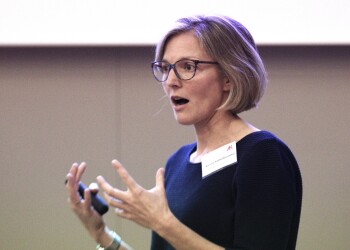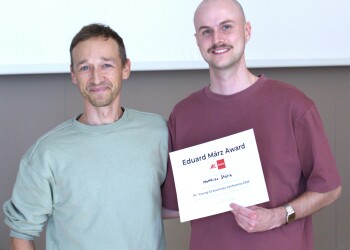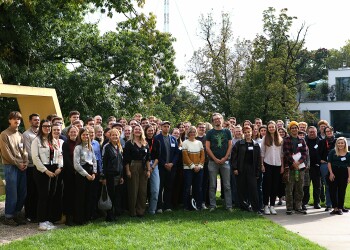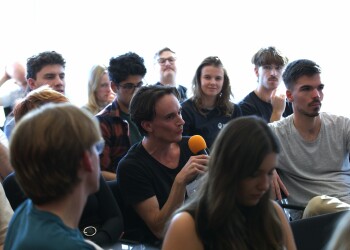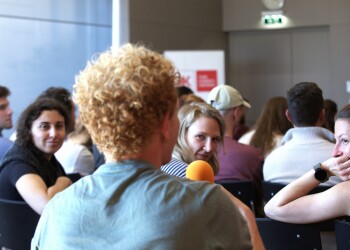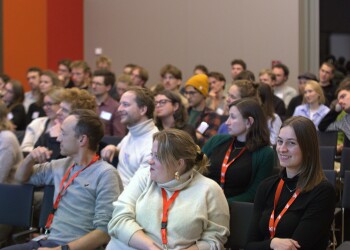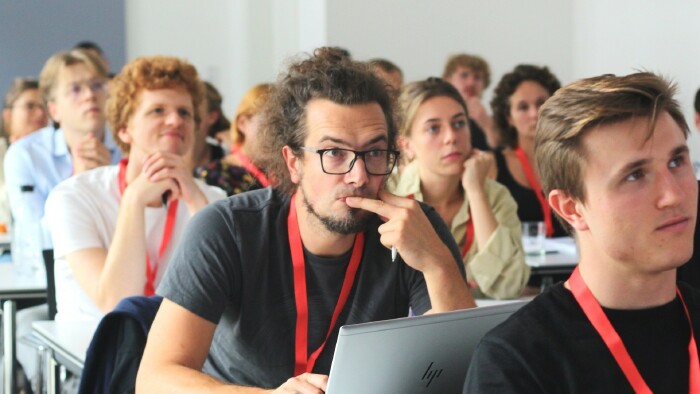
Young Economists Conference 2025
The Chamber of Labor Vienna and the Chamber of Labor Upper Austria as well as our partner organizations (Momentum Institute and Research Institute Economics of Inequality at the Vienna University of Economics and Business) hosted the 14th Young Economists Conference on October 2 and 3 in Linz, Upper Austria.
Pictures
Keynotes
We are grateful for exciting keynote lectures by Professor Stephan Pühringer (Institute for Comprehensive Analysis of the Economy at Johannes Kepler University Linz) and Professor Annina Kaltenbrunner (University of Leeds Business School), as well as the Scientific Committee, Organizing Committee and supporting volunteers.
Eduard März Price
The Scientific Board awarded the Eduard März Price of € 1000 for an outstanding contribution to the conference to Matthias Stehle (Research Institute Economics of Inequality at the Vienna University of Economics and Business) for his paper on “The decline of union membership in Austria”.
YEC 2026
The 15th Young Economists Conference will take place in Vienna in September 2026. More information, a call for papers and invitations to the keynote lectures will follow soon.
